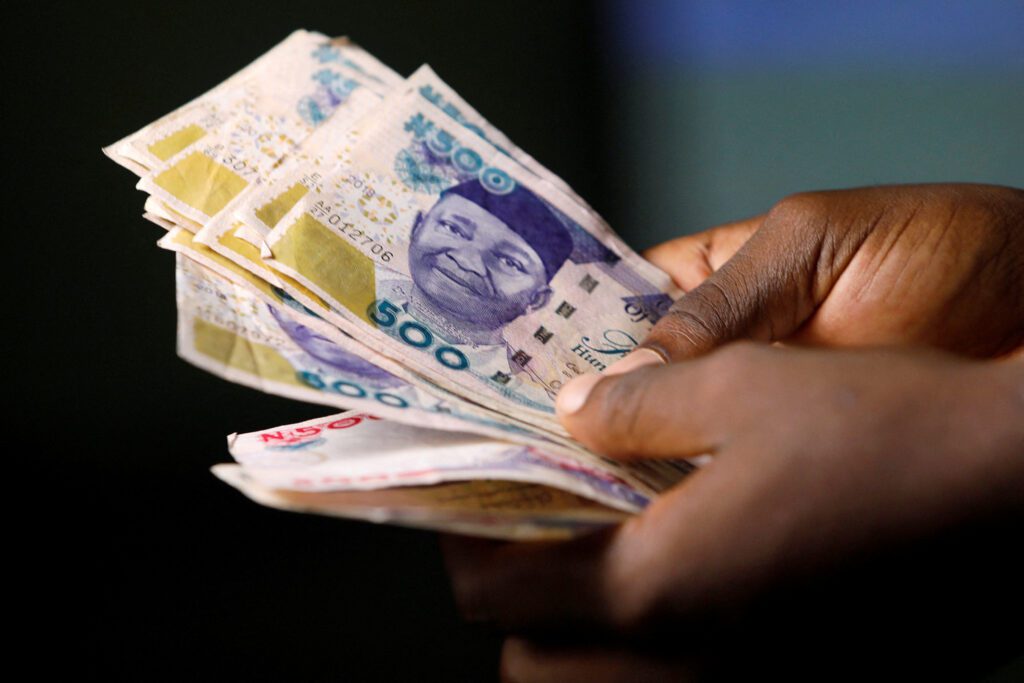A recent review of the Central Bank of Nigeria’s (CBN) Quarterly Statistical Bulletin (QSB) reveals that the Federal Government of Nigeria’s (FGN) fiscal deficit continued to widen in Q2 2024, reaching N4.3 trillion, up slightly from N4.2 trillion in the previous quarter and significantly higher than the N2.6 trillion recorded in the same period in 2023. This brings the cumulative fiscal deficit for the first half of 2024 to N8.4 trillion.
While FGN’s retained revenue improved markedly in Q2, rising to N2.4 trillion from N1.4 trillion in Q1, this boost was insufficient to counterbalance the sharp increase in expenditure, which surged by 19% quarter-on-quarter (QoQ) to N6.6 trillion. The depreciation of the naira and enhanced efficiency in tax collections contributed to the revenue increase, but the government’s growing expenditure—primarily driven by debt service costs—exerted immense pressure on its fiscal purse.
Key Highlights
- Recurrent Expenditure Surge: The main contributor to the widening fiscal deficit was the 31% QoQ rise in recurrent expenditure, which hit N5.8 trillion. Debt service costs, which jumped by 66% QoQ to N3.8 trillion, accounted for roughly 65% of this total.
- Debt Service to Revenue Ratio: Despite the revenue improvement, Nigeria’s debt service-to-revenue ratio remained a significant concern, though it showed a marginal decline from 165% in Q1 to 160% in Q2. This reflects the persistent strain on public finances due to mounting debt service obligations.
- Capital Expenditure Decline: In contrast to the rise in recurrent spending, capital expenditure—which is critical for infrastructure development and economic growth fell by 27% QoQ, accounting for just 13% of total government spending at N856.5 billion.
- Projected Fiscal Deficit for 2024: Looking ahead, analysts project that the 2024 fiscal deficit could reach 4.7% of GDP, significantly exceeding the 3.9% target proposed in the government’s 2024 budget. This projection takes into account anticipated increases in expenditure due to the 2024 supplementary budget and escalating debt service costs, fueled by high local borrowing rates.
Challenges Ahead
While the government’s efforts to boost revenue through exchange rate gains and improved tax collection efficiency have yielded positive results, these gains have been overshadowed by rising debt costs. The fact that debt service now consumes such a significant portion of government revenue poses a considerable challenge for fiscal sustainability.
Efforts to improve Nigeria’s debt management and reduce reliance on high-cost local borrowing will be critical in alleviating the pressure on the fiscal budget. Without strategic fiscal reforms, Nigeria’s growing fiscal deficit could undermine the country’s economic stability and hinder long-term development goals.
Conclusion
The widening fiscal deficit in Nigeria for Q2 2024 underscores the need for comprehensive reforms to address the country’s rising debt service costs and improve expenditure efficiency. With analysts predicting a higher-than-expected deficit for the year, the government’s fiscal strategy will need to be closely monitored to avoid exacerbating financial imbalances.
Stay tuned to 9am News Nigeria for more Breaking News, Business News, Sports updates And Entertainment Gists.
















